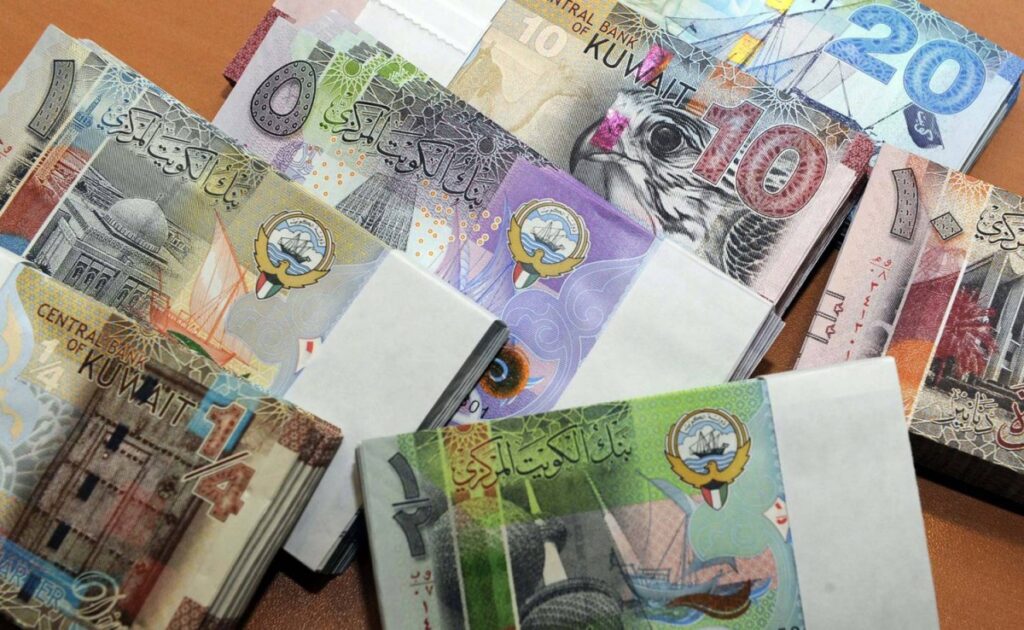New rules aim at strengthening governance, transparency, institutional performance
KUWAIT: The Ministry of Social Affairs announced on Sunday a comprehensive set of new regulations aimed at strengthening governance, transparency, and institutional performance within Kuwait’s charitable sector. The updated framework includes measures governing donation collection and the operational conduct of licensed charitable societies across the country.
In a press statement, the Ministry confirmed the resumption of licensing for charitable societies to collect donations, under the condition that all fundraising activities align strictly with approved regulations. Donations must be directed toward charitable projects formally licensed by the Ministry and must reflect the objectives outlined in each society’s bylaws.
The Ministry emphasized that donation links are to be published exclusively on the official websites of licensed societies. It further stipulated that prior approval is required to create any specific donation link for individual cases, and that the administrative fee percentage must be clearly disclosed in all advertisements for licensed projects, both locally and abroad.
Additionally, the Ministry has prohibited charitable organizations from contracting with marketing firms, publicity agencies, or individual marketers to manage fundraising websites. Similarly, partnerships with celebrities, social media influencers, or preachers require prior Ministry approval. Copies of all draft contracts must be submitted to the Ministry and must detail the duration of the agreement, nature of services, associated projects, and financial terms, in line with Circular No. (274).
The Ministry also underlined the requirement to integrate donation data into the automated charitable management system by the next business day. This data must include the value of donations, collection sources, administrative deductions, and net donation amounts. All collected funds must be deposited into official bank accounts in accordance with regulatory procedures. Charitable societies are also obligated to submit monthly reports detailing amounts collected through bank deductions for licensed projects. Moreover, daily notifications must be provided for received checks and financial transfers, specifying the donation amount, donor name, and project supported.
The Ministry noted that within one month from the date of the new circular’s issuance, charitable societies will be categorized into three compliance tiers: compliant, partially compliant, or non-compliant. Entities found to be non-compliant will be barred from collecting donations, with field inspection teams deployed to ensure adherence to the new governance protocols. Regarding international relief campaigns, the Ministry reiterated the need for clearly defined campaign durations, disclosure of administrative deductions, and identification of foreign implementing partners.
All necessary approvals must be secured from relevant authorities in the recipient countries. Aid should be channeled through licensed projects in these countries whenever applicable, negating the need for separate relief campaigns. Marketing campaigns, whether local or international, must adhere to the same conditions set for relief operations. Charitable societies will receive detailed guidance regulating external financial transfers to implement licensed charitable projects abroad. The Ministry stressed that all aid distribution must occur exclusively through the Central Aid Program, which is designed to streamline the delivery of assistance and improve procedural efficiency.
Additionally, societies must engage auditors approved by the Capital Markets Authority and appoint both an internal auditor and a compliance officer. Annual financial reports must be submitted in line with Circular No (194), along with full disclosure of financial statements. The Ministry warned that violations of these regulations will prompt legal action, which may include suspension of donation collection or project termination under Ministerial Resolution No (128/A) of 2016, or the dissolution of the society in accordance with Law No. (24) of 1962 on public benefit associations and clubs. — KUNA

